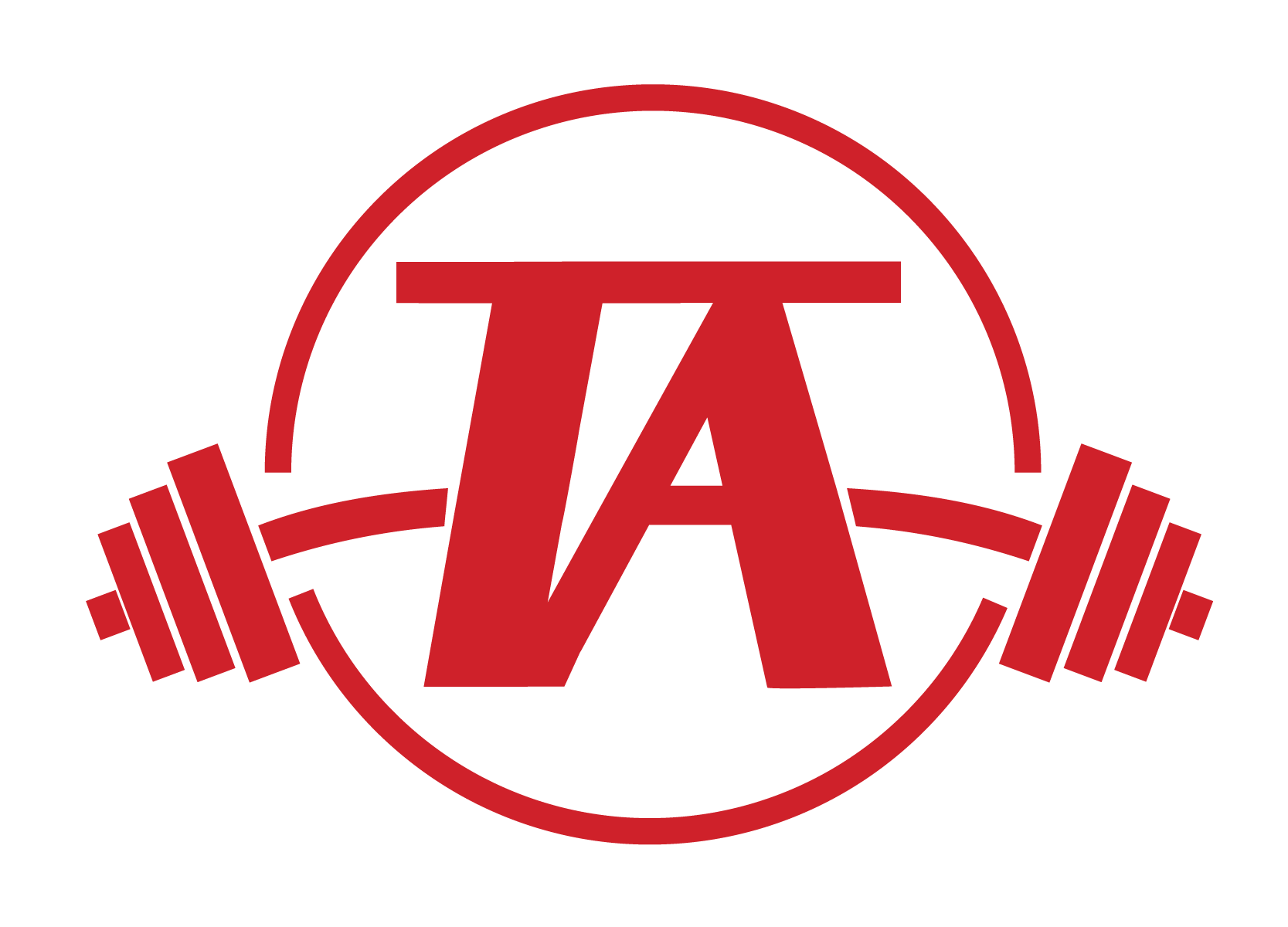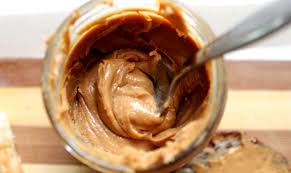If you read my previous post about weight management, you may have noticed that it was for both weight loss and weight gain and for a general population. Since I received a bunch of inquiries about more specific weight gaining tips, this post will focus on athletes attempting to gain weight.
Many athletes have issues with gaining weight, but unlike the complexity of gaining throwing velocity or running a faster 40yd dash, weight gain is relatively simple. In order to gain weight you need to eat in a caloric surplus. A more detailed approach to macronutrient (carbohydrates, protein, and fat) intake can help with body composition goals (lean mass vs. fat mass), but for the sake of keeping this article short we’ll leave that for another time.
Track Your Calories
Athletes tell me all the time, “I eat so much and I can’t gain weight.” When I ask them to tell me what they’ve eaten, it inevitably ends up falling well short of creating a caloric surplus. But, without tracking calories we have no objective data from which to make changes to their diet. If they have no idea how many calories they’re currently eating I can’t tell them to add 200 calories because they have nothing to base that on. Knowing how much you need to eat in order to gain weight is important, and tracking allows you to see how you’re doing throughout the day without guessing.
Tracking calories can seem like a tedious process, but generally it only takes about 10 minutes per day, at most. As an athlete if you can’t bother to do something as simple as track your calories, then it’s unlikely you’ll have the discipline to do the more complex tasks required to improve your performance in the future.
Manage Your Activity Outside of Training
Training to improve sport performance is an extremely demanding task, and athletes often compound the stress and fatigue with additional activities, like pick-up basketball or excessive conditioning. Additional activity requires even greater caloric intake to make up for the increased expenditure and that makes achieving a caloric surplus even more difficult. So, stick to your training program, which should already be managing fatigue, and limit how much additional intense physical activity you do in addition to that.
Choose Calorie Dense Foods
In order to gain weight you’ll have to eat more food than you’re used to and the volume of food required can be overwhelming and difficult to stomach (literally) at times. Choosing more calorie dense foods makes achieving a calorie surplus easier.
Fats are the easiest option here because they are more calorie dense than carbohydrates or protein. Fats have 9 calories per gram, while carbohydrates and protein only have 4 calories per gram. So, for example, if you add a handful of nuts or a heaping spoonful of nut butter to the end of a meal you’ve added about 200 calories without adding significant food volume. This may not seem like a lot, but over the course of the week this adds up to 1400 extra calories. This doesn’t mean that all of your additional calories should come from fat; this is just an easy way to add some calories without adding a ton of volume.
Gaining weight is a simple way to help improve sport performance, but many athletes often struggle with it. Use these tips and make your process more efficient.
Resources:
Photos:


